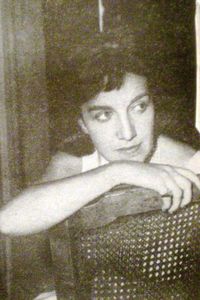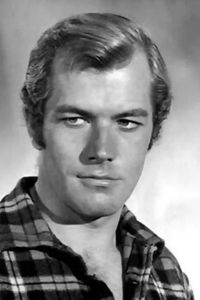Beatriz Guido, a celebrated Argentine writer and producer, made her entrance into the world in 1924 within the picturesque cityscape of Rosario, a charming province situated within the fertile lands of Santa Fe. As she embarked upon her illustrious career, she left an indelible mark on the realms of literature and filmmaking, with a plethora of notable works that showcased her remarkable talent and artistry.
Throughout her remarkable career, Beatriz Guido demonstrated exceptional storytelling prowess, as exemplified by her 1959 masterpiece, La caída, which left an enduring impact on the world of cinema. Her 1966 film, The Eavesdropper, served as a testament to her exceptional skill as a writer and producer, as it expertly wove a complex narrative that captivated audiences and solidified her reputation as a master of her craft.
In addition, her 1982 production, Fiebre amarilla, served as a crowning achievement in her illustrious career, as it demonstrated her ability to craft a captivating and engaging storyline that resonated with audiences and cemented her status as a master of her craft.
Guido's personal life was marked by a deep and unshakeable devotion to her spouse, the renowned Argentine film director Leopoldo Torre Nilsson, whose groundbreaking and visionary approach to cinema had left an enduring and unmistakable imprint on the world of filmmaking. This remarkable couple, bound together by their mutual ardor for the art of filmmaking, joined forces on a succession of projects that would ultimately serve as a lasting tribute to their collaborative genius and artistic mastery.
Guido's life, which had thus far unfolded with promise and potential, was tragically and unexpectedly brought to a close on the fourth day of the third month of the year 1988, thereby precipitating an untimely and sorrowful conclusion to her existence in the vibrant and culturally rich city of Madrid, situated in the beautiful and storied nation of Spain.










